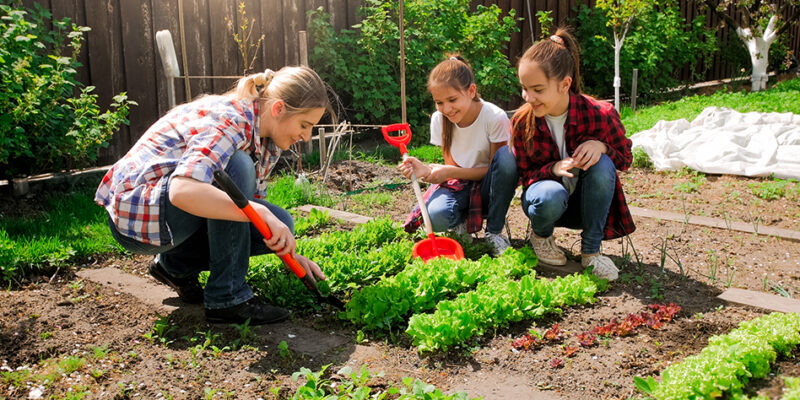Gardening is an art just as much as it is a science; it can teach you a lot of valuable lessons in life, such as patience, observance, and to have faith in the process. In your efforts to become a better gardener, you learn all of these things.
You also learn to use things to your advantage, just like your plants. Several tools and techniques are available in the market to suit the requirements and style of every gardener. To hone your skills, you can experiment with them and pick those that make the most sense for you.
1. Choose the Right Equipment
Having the right equipment can give you a significant edge while doing any job. The same is true for gardening. When it comes to gardening, there are a number of tools available on the market; you can use hand tools if you have a small garden or a few plants.
Similarly, for larger gardens or lawns that require maintenance and upkeep on a regular basis, you can get in touch with companies like Toro power equipment supply and pick up some power tools to make your life easy.
2. Lock in that Moisture
Gardening is a passion that cannot be confined to a specific area in today’s world. It is not uncommon to have a green lush garden in areas of the country that face droughts every year. This is made possible with the help of things like mulch.
With the help of mulch, you can make sure that no moisture from your soil gets evaporated into the atmosphere. Similarly, you can protect your garden from soil erosion with the use of mulch. You can schedule a mulch delivery for your garden as soon as you are done aerating your soil.
3. Learn from Your Mistakes
When you embark on a journey to become better at something, you inevitably make mistakes. These mistakes can represent your biggest oversights and failures but can also be an excellent opportunity to learn from.
By facing your failures head-on, you can make sure not to repeat them. You can learn lessons from your mistakes and take note of where you went wrong so that you can avoid similar circumstances should they arise once more.
4. Observe with a Keen Eye
The power of observation can take you a long way in life. When you allow yourself to observe things, you start to take in information that you otherwise would have missed. This enables you to know your situation better and make decisions accordingly.
This phenomenon fits perfectly in the world of gardening; when you keep an eye on your plants, you start to notice things that can help you identify what is working and what is not when it comes to the health of your plants.
You can look for signs in your plants to give you clues regarding what they might need. For example, if you notice the leaves of your plant turning brown, it could indicate that a fungus is spreading. Similarly, if you notice larvae on your plants, that can indicate an outbreak of pests is imminent.













Comments